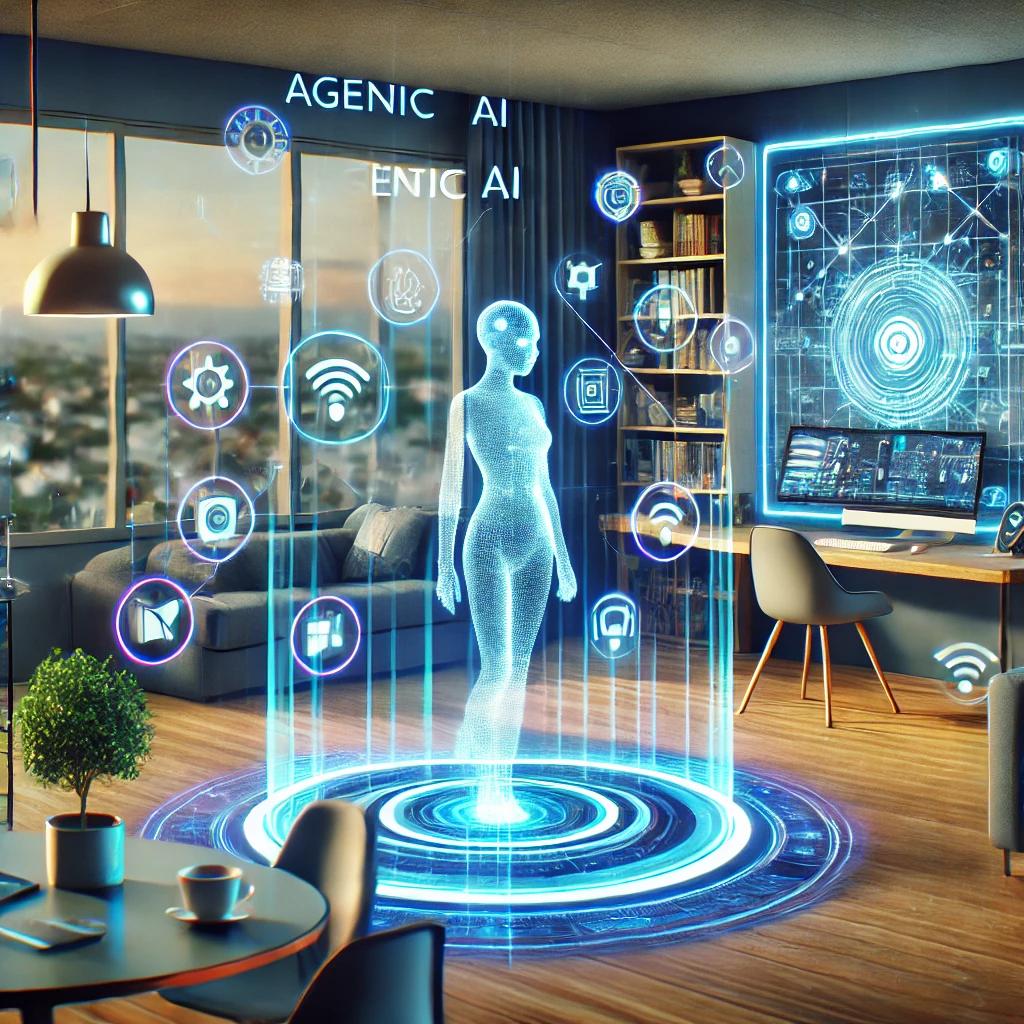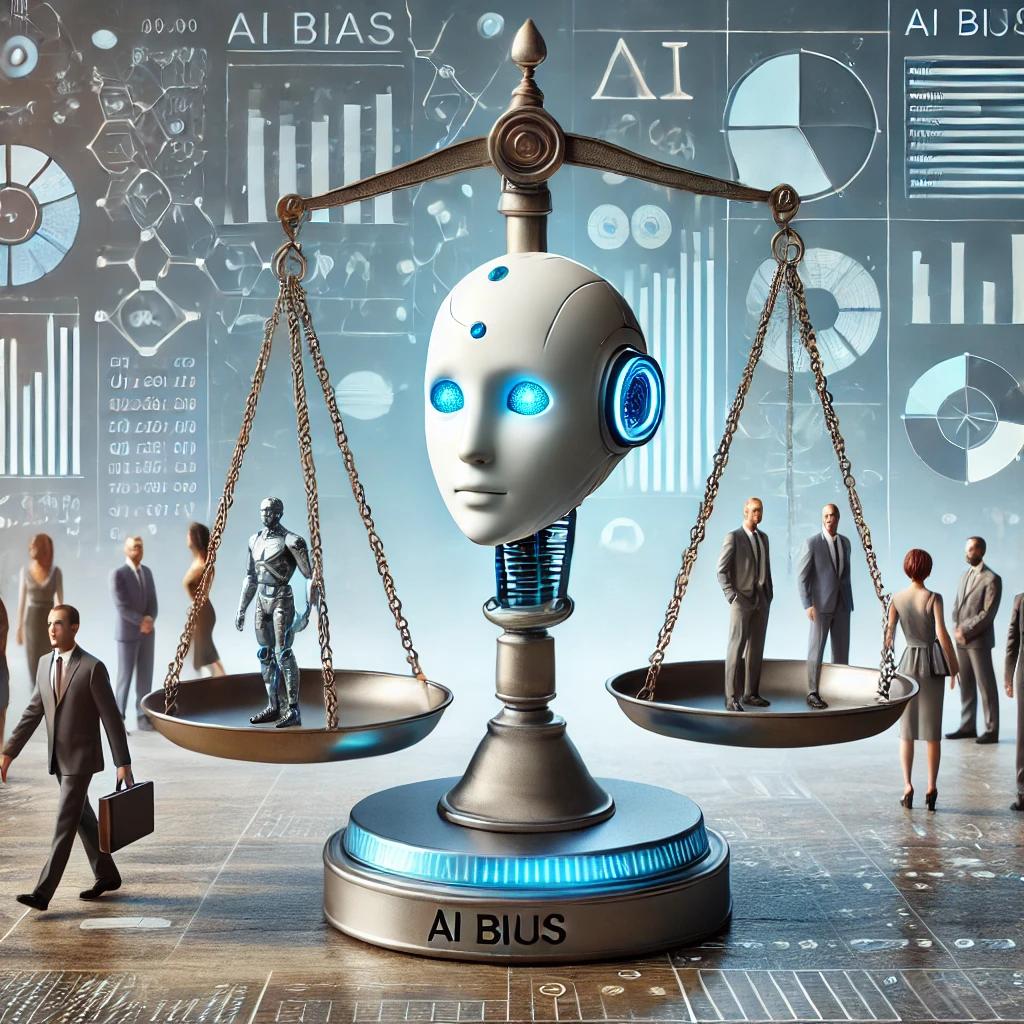The CES 2025 tech show has brought artificial intelligence (AI) into the spotlight again. This year, the focus is on “Agentic AI,” a new wave of technology aimed at delivering personalized and context-aware assistance. While these advancements are impressive, skepticism around AI marketing claims persists. Let’s explore the innovations and controversies shaping the conversation.
What Is Agentic AI?
Agentic AI is a term used to describe AI systems that adapt to individual users. These systems aim to offer tailored recommendations, manage tasks, and even anticipate needs based on user behavior. For instance, smart home devices powered by Agentic AI claim to learn routines, making daily life more convenient.
According to news.com.au, this new AI technology could redefine how we interact with digital devices. However, critics argue that the term “AI” is being overused, often as a marketing ploy rather than a reflection of genuine innovation.
Impressive AI Innovations at CES 2025
CES 2025 showcased several promising AI technologies. Key highlights include:
- AI-Powered Health Monitors
Wearable devices that detect early signs of chronic conditions were a crowd favorite. These gadgets claim to save lives by providing real-time health insights. - AI for Autonomous Driving
Enhanced AI systems for self-driving cars showcased improved safety and navigation features. Industry leaders emphasized that these advancements could reduce traffic accidents significantly. - Personalized Virtual Assistants
Virtual assistants displayed better contextual understanding, offering relevant responses based on users’ past queries and behaviors.
These developments highlight how AI continues to evolve. Yet, many wonder if the actual benefits match the hype surrounding these technologies.

The Hype vs. Reality Debate
While CES 2025 dazzled attendees with AI demos, some experts have raised concerns. Many products labeled as “AI-powered” rely on simple algorithms rather than advanced machine learning. This overuse of the term “AI” has led to skepticism among tech professionals and consumers alike.
For example, a popular smart speaker at CES claimed to use AI to predict user preferences. Upon closer inspection, it was revealed to operate on pre-programmed rules, which hardly qualifies as true AI. This disconnect between marketing and functionality has frustrated many tech enthusiasts.
Addressing Ethical Concerns
Another hot topic is the ethical use of AI. Privacy advocates are questioning the amount of data collected by these systems. For Agentic AI to work effectively, it must gather vast amounts of user information. Critics warn that this could lead to misuse or breaches of sensitive data.
Additionally, there are concerns about AI bias. Since AI systems often learn from human data, they can replicate and amplify societal biases. As companies rush to deploy these technologies, ethical safeguards must remain a priority.
What’s Next for AI?
Despite the controversies, AI continues to hold immense potential. The industry is working toward making AI more transparent, ethical, and genuinely intelligent. For consumers, it’s essential to remain informed and critical of new claims.
As AI evolves, distinguishing genuine advancements from marketing fluff will become crucial. For now, CES 2025 has sparked both excitement and important conversations about the future of this transformative technology.

Artificial intelligence is reshaping industries, but the road ahead is complex. Innovations like Agentic AI offer hope for smarter, more personalized tech. However, skepticism and ethical challenges remind us to approach these advancements with caution.
For further reading, check out news.com.au’s CES 2025 coverage. As we navigate this new AI-driven world, staying informed is more important than ever.

